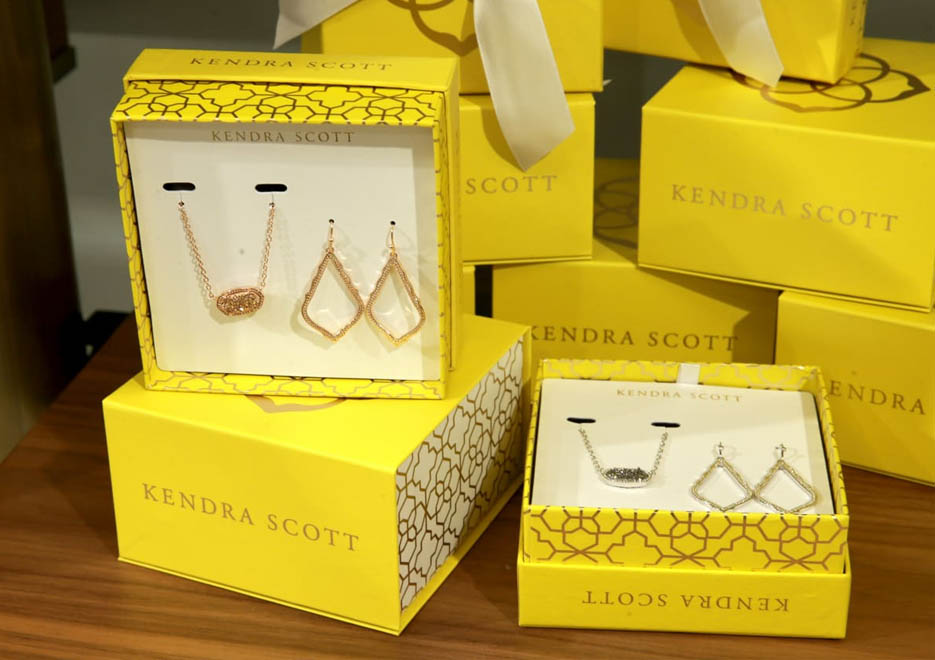As one of the world’s most iconic luxury jewelry brands, Tiffany & Co. is revered for its high-quality craftsmanship, timeless designs, and signature blue boxes. However, the brand’s prestige has also made it a prime target for counterfeiters. Potential buyers, especially those considering pre-owned pieces or purchasing from unconventional channels, must know how to differentiate between genuine and fake Tiffany & Co. bracelets.
7 Steps to Spot a Fake Tiffany & Co. Bracelet
1. Understanding the Tiffany & Co. Legacy
Before diving into the specifics, it’s crucial to grasp why Tiffany & Co. stands out. Founded in 1837, the brand has become synonymous with luxury, grace, and timeless elegance. Knowing the company’s history and standards will help you appreciate the differences between genuine and counterfeit pieces.
2. Common Features of Fake Tiffany Bracelets
Counterfeit pieces can have various discrepancies. Some of the more common features include:
- Mismatched Fonts: Genuine Tiffany & Co. jewelry will use consistent and specific fonts. Counterfeits may use inconsistent or incorrect typefaces.
- Flimsy Construction: Authentic Tiffany pieces have a weighty feel due to the high-quality materials used. Replicas might feel lighter and less solid.
- Incorrect Spelling: Surprisingly, some counterfeits will have misspellings, especially on the hallmark or packaging.
3. Inspecting the Hallmarks
One of the primary ways to identify genuine Tiffany jewelry is by inspecting its hallmark. Here are a few tips:
- Location: Hallmarks are typically found on the clasp of bracelets.
- Authentic Markings: Genuine pieces might read “Tiffany & Co. 925” if it’s sterling silver or has specific karat markings for gold details.
- Quality & Precision: Authentic hallmarks are crisp and clear, while fake ones may appear blurry, shallow, or uneven. 4. Assessing Craftsmanship & Materials
Tiffany & Co. is renowned for its impeccable craftsmanship:
- Links & Connections: Genuine Tiffany bracelets should move smoothly without kinks, especially link designs. The links should be sturdy and well-soldered. Look at the photos below. In the first photo, you can see fake jewelry with badly connected links. The second one is a real Tiffany & Co. bracelet with well connected links.


- Stones: If the bracelet features gemstones, they should be set securely without any visible glue. Genuine diamonds will be set with precision.
- Finish: Genuine pieces have a high-quality finish, whether high polish, matte, or brushed look. Counterfeits might have uneven finishes or visible scratches.
5. Packaging: Not Just a Pretty Blue Box
The famous Tiffany Blue Box is also frequently counterfeited. Here’s what to watch for:
- Color: The real Tiffany Blue Box has a unique robin’s egg blue color. Fakes might be slightly off in hue.
- Logo: The logo on the box should be clear and centered, with consistent font usage.
- Material: Genuine boxes have a certain heft and texture. They are made of high-quality materials, while fakes might feel cheaper. The photo below shows fake packaging on the right side and the real one on the left.

6. Consulting Professionals and Authenticity Services
If in doubt:
- Seek Expertise: Consult with a professional jeweler or an expert in luxury goods. They often have the training to spot counterfeits.
- Documentation: Authentic Tiffany & Co. jewelry might have documentation proving its authenticity. However, be aware that documentation can also be forged.
7. Conclusion: Purchase Wisely
Tiffany & Co. bracelets are more than just jewelry; they invest in luxury and timeless elegance. To ensure you’re purchasing a genuine piece, always do your research, trust your instincts, and when in doubt, seek expert advice. Avoid deals that seem too good to be true, and always prioritize buying from reputable sources.
Whether gifting someone special or treating yourself, there’s an unmatched joy in untying that white ribbon from a genuine Tiffany Blue Box. Equip yourself with knowledge, and you can shop confidently.

Professional jewelry journalist, blends Art History and Journalism degrees to provide insightful, vivid, and comprehensive narratives in the realm of jewelry. Known for interviewing industry bigwigs and covering international shows, Anna’s work is a beacon for both professionals and enthusiasts. A cherished gem in jewelry journalism.




